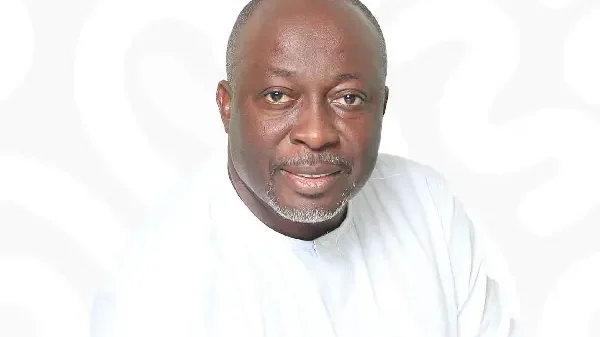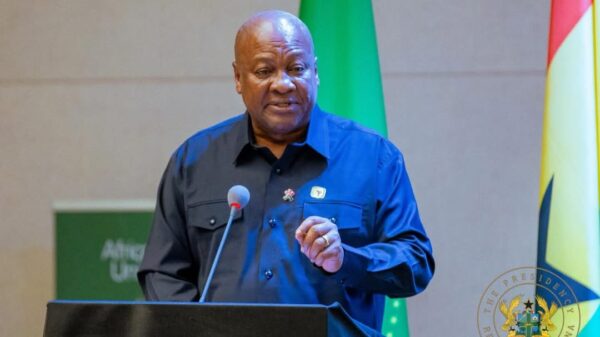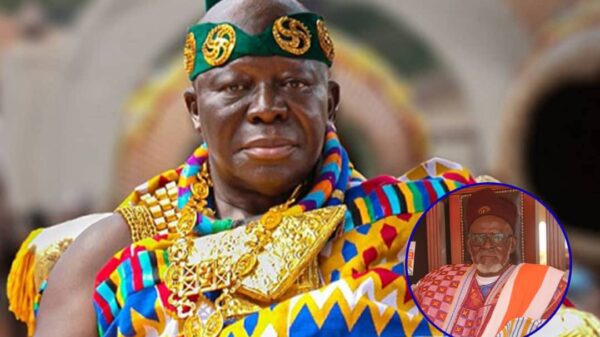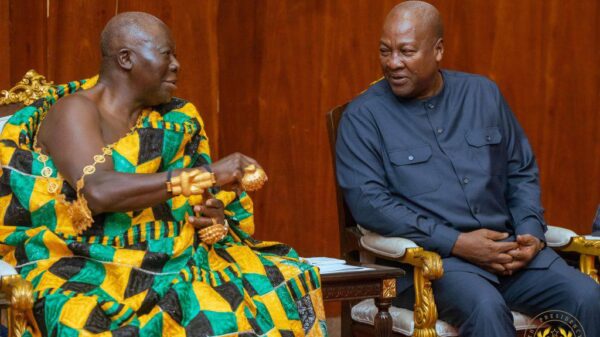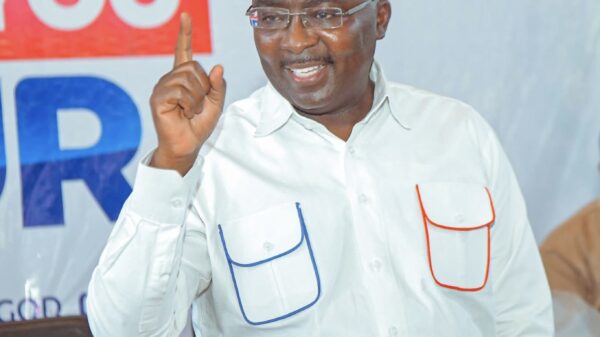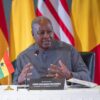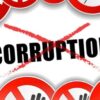The Member of Parliament for Ofoase Ayirebi and Ranking Member on Parliament’s Committee on Economy and Development, Kojo Oppong Nkrumah, is calling for the complete removal of the controversial 8% Dumsor Levy in a video posted on his Facebook page today, June 16. According to him, the government’s recent suspension of the levy is only a temporary fix to a much larger problem that requires a bold and permanent solution.
Speaking in reaction to the suspension, Oppong Nkrumah argued that the levy was flawed from the outset. “Indeed, if this levy were introduced, prices at the pump would go up. The assumption that prices on the world market will stay stable for a long time was flawed,” he stated.
He explained that introducing such a levy in the current economic climate would have only worsened the financial strain on ordinary Ghanaians, especially as fuel prices remain volatile. “Now the government is realising this and has suspended the levy. But we are asking that the government scrap it altogether because the government miscalculated,” he emphasized.
The MP further pointed out that the government’s desperation to introduce new levies is a result of previous miscalculations in managing revenue and expenditure. He referenced earlier warnings from the Minority, saying, “Remember when we forewarned that removing some taxes in the budget, if not addressed on the expenditure side, will create a hole in the budget of about $6 billion.”
He believes that the government’s inability to bridge this gap is why it is now seeking $5.7 billion and using the levy as a cover to raise funds. “That problem has still not gone away,” he noted.
Oppong Nkrumah also reflected on the difficulties the previous administration faced after abolishing several taxes. “In 2017, the MPP administration removed about 17 taxes, and we lost the revenues from them. We tried to close the gap. But because we could not conclusively do it, our buffers were limited. So when global shocks hit, we were left on the losing end.”
According to him, this is a crucial moment for the government to rethink its revenue strategies. “We should use this period as a period not for blame or praise, but a period to conduct a comprehensive and transparent review of the revenue lines as a country,” he advised.
He stressed that what Ghana needs is not just the scrapping of the Dumsor levy but a more sustainable and people-centered revenue system. “Ghana doesn’t need just the scrapping of these levies. Ghana needs levies that are sustainable, that make sense, and that deliver results for her people,” he concluded.
The 8% Dumsor Levy, which was introduced to help settle legacy debts in the energy sector, has faced heavy criticism since its announcement, with many stakeholders describing it as ill-timed and insensitive.


